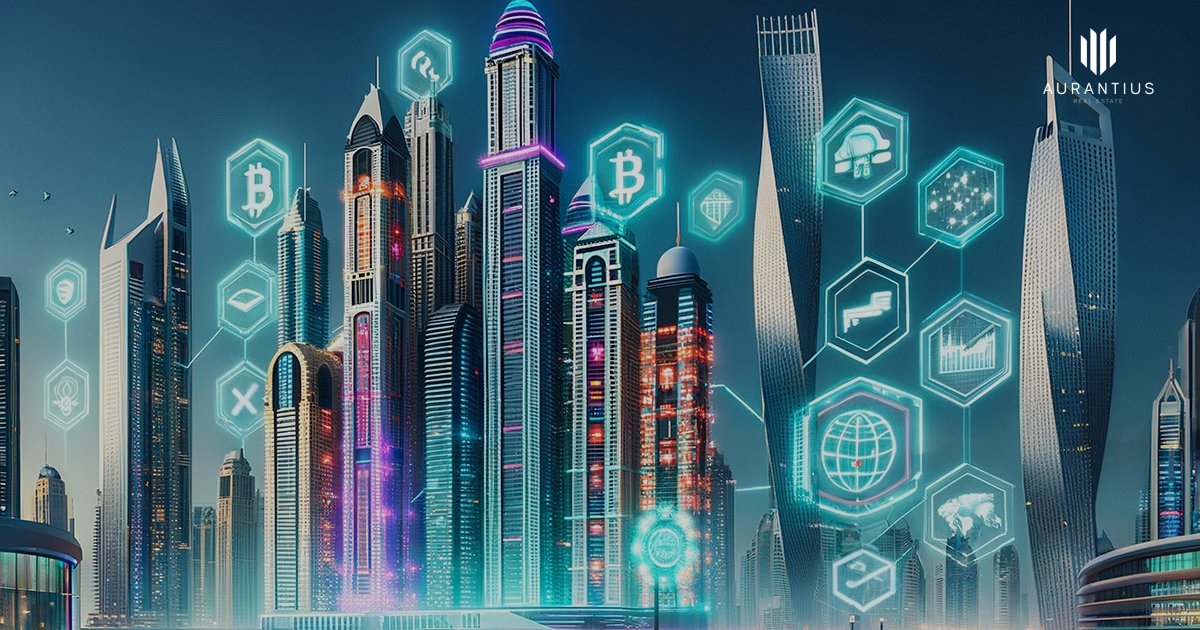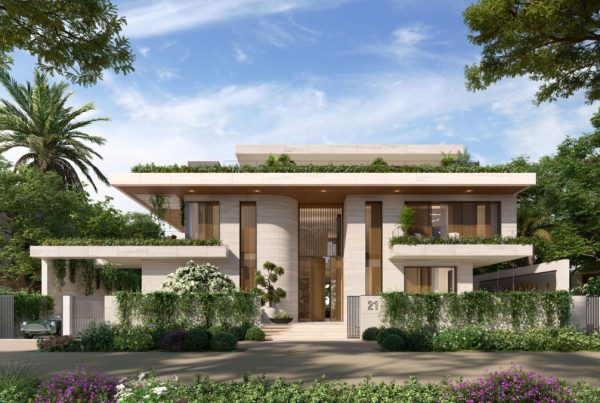Tokenized Real Estate in Dubai: Blockchain Meets Property Investment
Real estate tokenization has quickly emerged as one of the most discussed trends in Dubai’s investment market. By leveraging blockchain technology, high-value properties are broken down into smaller, tradable digital tokens. This allows investors to gain exposure to prime real estate without needing the full capital traditionally required. However, while the concept sounds groundbreaking, it is important to compare tokenized real estate with established markets like stocks before making investment decisions.

What Exactly Is Tokenized Real Estate in Dubai?
Tokenized real estate is the process of converting property ownership rights into digital tokens that are stored on a blockchain. Each token typically represents a share in a Special Purpose Vehicle (SPV) that owns the property or grants rights to a portion of its income. In practical terms, this means investors can participate in Dubai’s Dubai Marina or Palm Jumeirah property markets with far smaller budgets than direct buyers. Instead of paying millions for luxury apartments, investors can start with a few hundred dollars. Tokenization also offers greater transparency in ownership records and potentially faster transfers compared to selling physical property.
In Dubai, this model is especially popular for luxury developments by major players like DAMAC and Sobha Realty, where smaller investors can access trophy assets once reserved only for ultra-high-net-worth buyers.
Two Realities Every Investor Should Know
1. Your Returns Are Not Equal to Full Ownership
When you purchase property outright in Dubai, all capital appreciation and rental income are yours. With tokenized real estate, however, investors must pay platform fees for setup, management, trading, and distributions. These fees reduce the overall net returns compared to direct ownership in areas like Downtown Dubai or Business Bay.
2. Market Timing Is Crucial
Dubai’s property market operates in cycles. Entering at a peak limits capital appreciation opportunities, meaning returns may only come from rental yields. For example, prime areas such as Jumeirah Village Circle (JVC) and Mohammed Bin Rashid City (MBR City) are currently in high demand, but late entry could cap potential upside.
Advantages of Tokenized Real Estate
• Affordable entry into Dubai’s prime property market.
• Fractional ownership of luxury apartments or commercial spaces.
• Passive rental income proportional to token holdings.
• Potential secondary market liquidity, enabling faster exits.
• Hedge against inflation, as rental values in Dubai often rise with demand.
Disadvantages of Tokenized Real Estate
• Returns are reduced due to platform and management fees.
• Market cycle risk — investing late limits capital gains.
• Liquidity uncertainty — token trading markets are still developing.
• Platform dependency — assets are tied to the operator’s compliance, governance, and financial health.
Dubai Tokenized Real Estate vs. Stocks
When compared to stocks, tokenized real estate has unique advantages but also limitations:
Liquidity: Stocks can be sold instantly, whereas tokenized assets depend on platform activity.
Volatility: Stocks often fluctuate sharply, while property tokens are typically more stable.
Income: Stocks pay dividends (not guaranteed), while Dubai real estate tokens generate rental income.
Asset Backing: Stocks represent ownership in companies, while tokens are backed by physical property.
Diversification: Stocks allow diversification across industries; tokenized real estate is primarily property-focused.
Final Word
Tokenized real estate in Dubai offers an innovative pathway for smaller investors to access luxury assets developed by top firms like Emaar and Nakheel. However, it is not a guaranteed shortcut to massive gains. Timing matters, and investors should remain realistic: entering at market highs may deliver consistent rental income rather than explosive growth.
For most investors, tokenized real estate should be treated as a long-term, income-oriented strategy within a diversified portfolio that also includes liquid assets like stocks. If your goal is stable exposure to Dubai’s booming real estate sector, tokenization can complement direct ownership — but it should not replace it entirely.
Explore more opportunities with Aurantius Real Estate and discover how fractional ownership models align with Dubai’s evolving property market.











